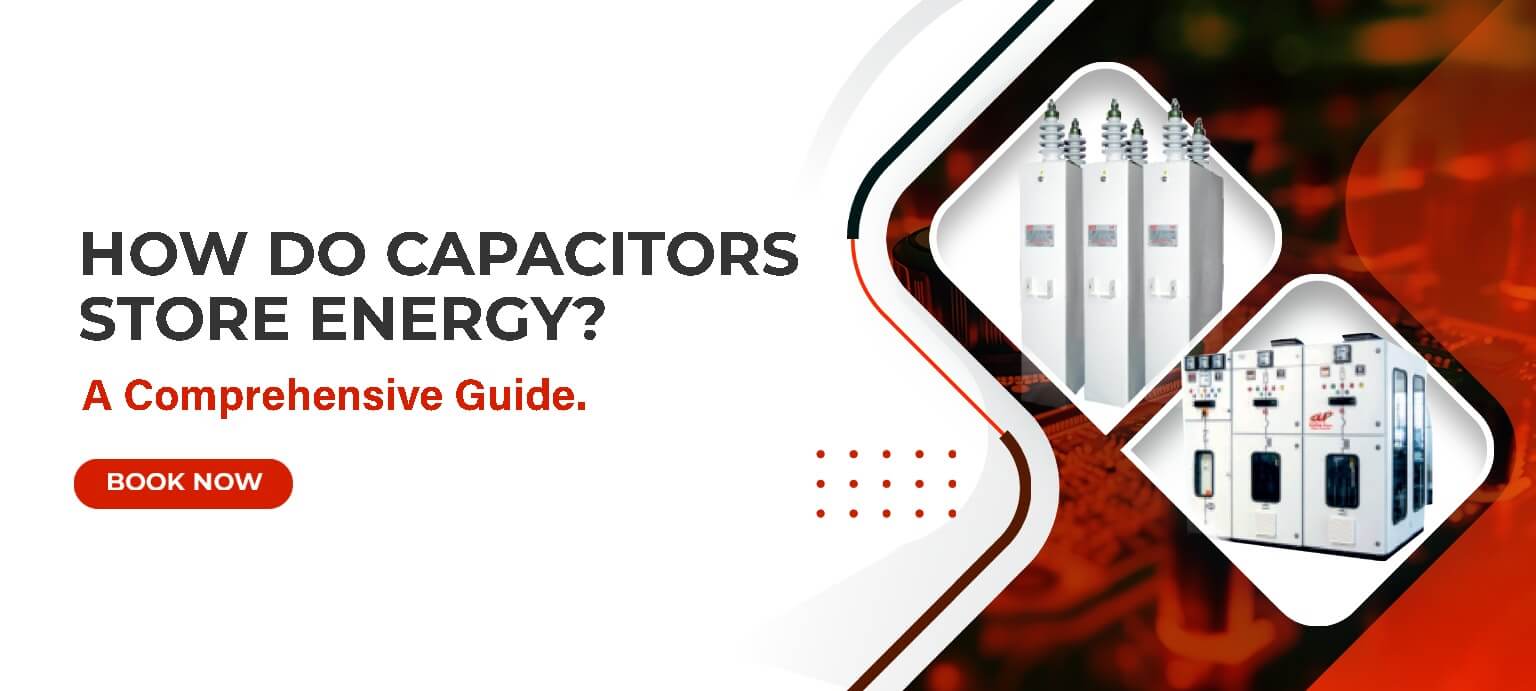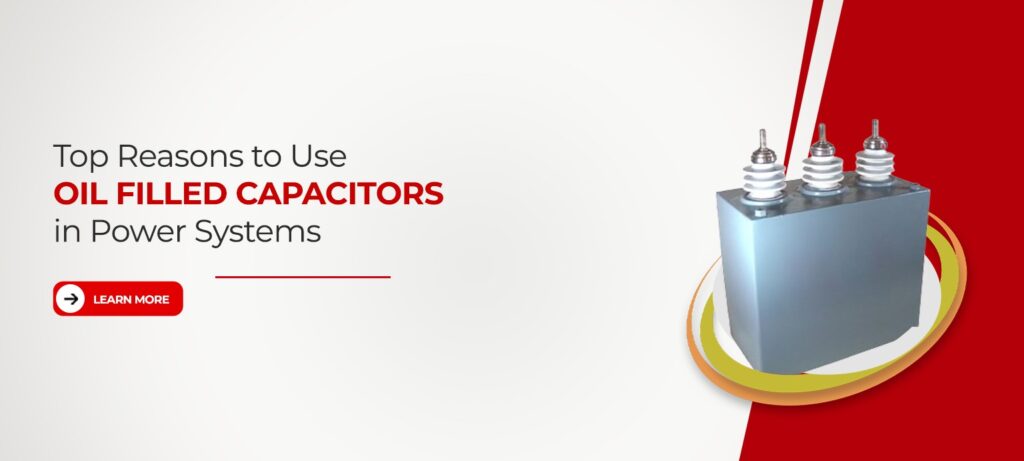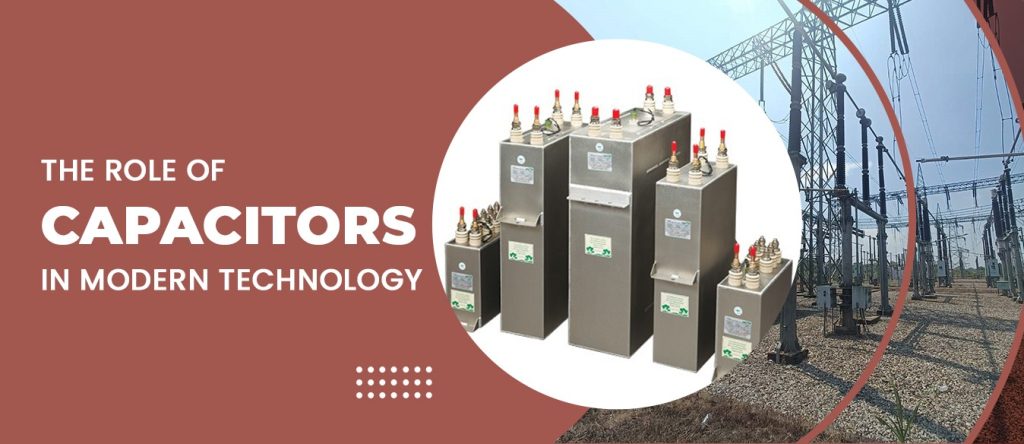Capacitors are fundamental components in electronic circuits, playing a crucial role in storing and releasing electrical energy. Understanding how capacitors store energy is key to comprehending their applications in various electronic devices and systems. In this comprehensive guide, we delve into the inner workings of capacitors, exploring their function, types, working principles, and practical applications.
What is a Capacitor?
A capacitor is an electronic component designed to store electrical energy temporarily in an electric field. It consists of two conductive plates separated by an insulating material called a dielectric. When connected to a voltage source, such as a battery or power supply, the capacitor charges by accumulating equal and opposite charges on its plates, creating an electric field between them.
How Capacitors Store Energy
1) Basic Structure: A capacitor consists of two conductive plates (typically made of metal) separated by a dielectric material. When a voltage is applied across these plates, positive charge accumulates on one plate and negative charge accumulates on the other, creating an electric field between them.
2) Energy Storage Mechanism: When a capacitor is connected to a power source, such as a battery or a power supply, it charges up as electrons accumulate on one plate while an equal number of electrons are drawn from the other plate, leaving it positively charged. The dielectric material between the plates prevents these charges from neutralizing each other, thus storing electrical energy in the form of an electric field.
3) Capacitance: The ability of a capacitor to store charge, known as capacitance (C), depends on the surface area of the plates, the distance between them (d), and the properties of the dielectric material (ε). The formula for capacitance is
C = ε * A / d
where ε is the permittivity of the dielectric and A is the area of the plates.
Types of Capacitors
Capacitors are available in various types, each tailored to specific applications based on their unique properties:
Electrolytic Capacitors: These capacitors are known for their high capacitance values and polarity. They are commonly used in power supply circuits due to their ability to store large amounts of charge.
Ceramic Capacitors: These capacitors are small in size and offer stability across different temperatures and frequencies. They are widely used in radio frequency circuits (RF) and for decoupling purposes to stabilize power supply lines.
Film Capacitors: Constructed using thin plastic films, these capacitors provide high reliability and are often used in timing circuits and audio applications where precise signal transmission is critical.
Tantalum Capacitors: Compact and stable, tantalum capacitors are suitable for use in compact electronic devices and integrated circuits (ICs). They offer high capacitance density and are preferred where space is limited.
Each type of capacitor has distinct characteristics that make it suitable for specific electronic applications, ensuring optimal performance and reliability in diverse environments.
Applications of Capacitors
Capacitors play pivotal roles across various industries and technologies, including:
Filtering and Coupling: Capacitors are essential components in electronic circuits for filtering out noise and unwanted signals. They help in maintaining signal integrity and improving the overall performance of electronic systems.
Timing Circuits: Capacitors are crucial in timing circuits where they determine the oscillation frequency and generate clock signals. This application is vital in digital electronics and microprocessor-based systems.
Power Factor Correction: In AC circuits, capacitors are used for power factor correction. They help in improving the efficiency of electrical systems by reducing reactive power and optimizing energy usage.
Energy Storage: Capacitors are employed in energy storage systems, such as in flash photography to provide rapid bursts of energy and in hybrid vehicles to capture and release energy efficiently during braking and acceleration.
The Bottom Line
Capacitors are indispensable components in modern electronics, enabling the efficient storage and release of electrical energy across a wide range of applications. Understanding how capacitors store energy provides insights into their functionality and importance in technological advancements. Whether in consumer electronics, automotive systems, or industrial applications, capacitors continue to play a vital role in powering the devices and systems that drive our interconnected world forward.
In conclusion, capacitors not only store energy but also empower innovation and drive progress in the fields of technology and engineering.
If you are looking for high-quality capacitors, Usha Power is your trusted partner. With a renowned reputation for excellence in manufacturing and innovation, Usha Power capacitors ensure reliable performance across diverse sectors, including automotive, industrial, and commercial applications. Our unwavering commitment to superior quality and cutting-edge technology makes Usha Power capacitors the preferred choice for powering the devices and systems that drive our interconnected world forward.





